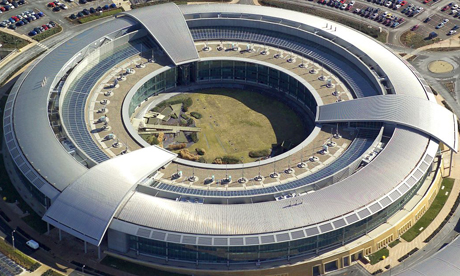A small selection of news articles about UK and international politics …
- The health of the nation must be the government’s number one priority | NHA Party

- IFS warns of ‘unprecedented squeeze’ on NHS – Home News – UK – The Independent
- Police will have ‘backdoor’ access to health records despite opt-out, says MP | Society | The Guardian

- Royal Mail ‘Could Have Been Sold For lb1.5bn More’ Say Banks
- Don’t celebrate first world war, says minister in charge of centenary | World news | theguardian.com
- Glenn Greenwald’s News Site to Focus on Snowden Leaks

- The invisible world of software backdoors and bounty hunters | openDemocracy
For the bargain basement price of $5,000, hackers offered for sale a software flaw in Adobe Acrobat that allows you to take over the computer of any unsuspecting victim who downloads a document from you. At the opposite end of the price range, Endgame Systems of Atlanta, Georgia, offered for sale a package named Maui for $2.5 million that can attack targets all over the world based on flaws discovered in the computer software that they use. For example, some years ago, Endgame offered for sale targets in Russia including an oil refinery in Achinsk, the National Reserve Bank, and the Novovoronezh nuclear power plant. (The list was revealed by Anonymous, the online network of activist hackers.)
While such “products,” known in hacker circles as “zero day exploits,” may sound like sales pitches from the sorts of crooks any government would want to put behind bars, the hackers and companies who make it their job to discover flaws in popular software are, in fact, courted assiduously by spy agencies like the NSA who want to use them in cyberwarfare against potential enemies.
Take Vupen, a French company that offers a regularly updated catalogue of global computer vulnerabilities for an annual subscription of $100,000. If you see something that you like, you pay extra to get the details that would allow you to hack into it. A Vupen brochure released by Wikileaks in 2011 assured potential clients that the company aims “to deliver exclusive exploit codes for undisclosed vulnerabilities” for “covertly attacking and gaining access to remote computer systems.” …
So in a world where, increasingly, nothing is private, nothing is simply yours, what is an Internet user to do? As a start, there is an alternative to most major software programs for word processing, spreadsheets, and layout and design — the use of free and open source software like Linux and Open Office, where the underlying code is freely available to be examined for hacks and flaws. (Think of it this way: if the NSA cut a deal with Apple to copy everything on your iPhone, you would never know. If you bought an open-source phone — not an easy thing to do — that sort of thing would be quickly spotted.) You can also use encrypted browsers like Tor and search engines like Duck Duck Go that don’t store your data.Next, if you own and use a mobile device on a regular basis, you owe it yourself to turn off as many of the location settings and data-sharing options as you can. And last but hardly least, don’t play Farmville, go out and do the real thing. As for Angry Birds and Call of Duty, honestly, instead of shooting pigs and people, it might be time to think about finding better ways to entertain yourself. Pick up a paintbrush, perhaps? Or join an activist group like theElectronic Frontier Foundation and fight back against Big Brother.